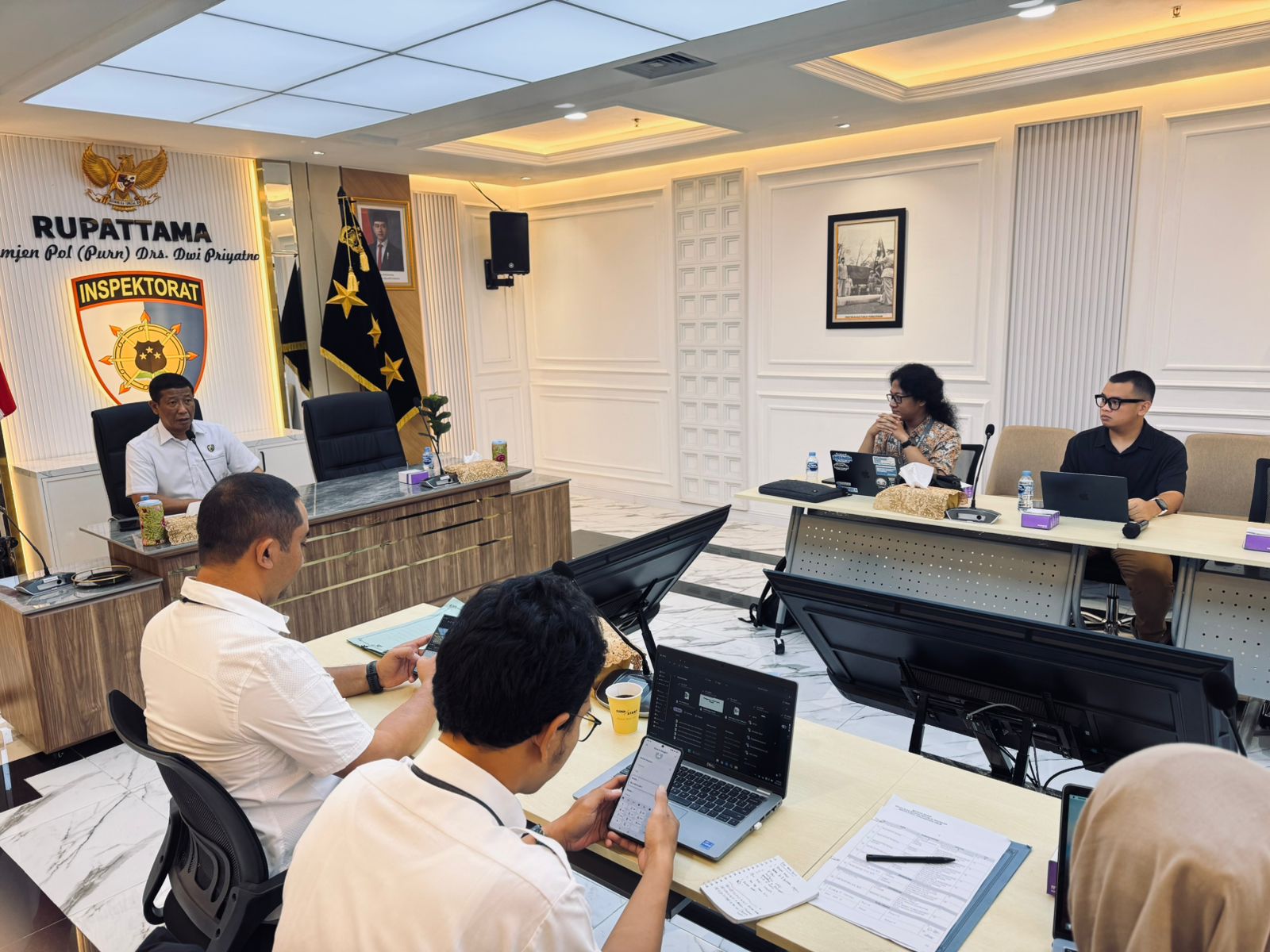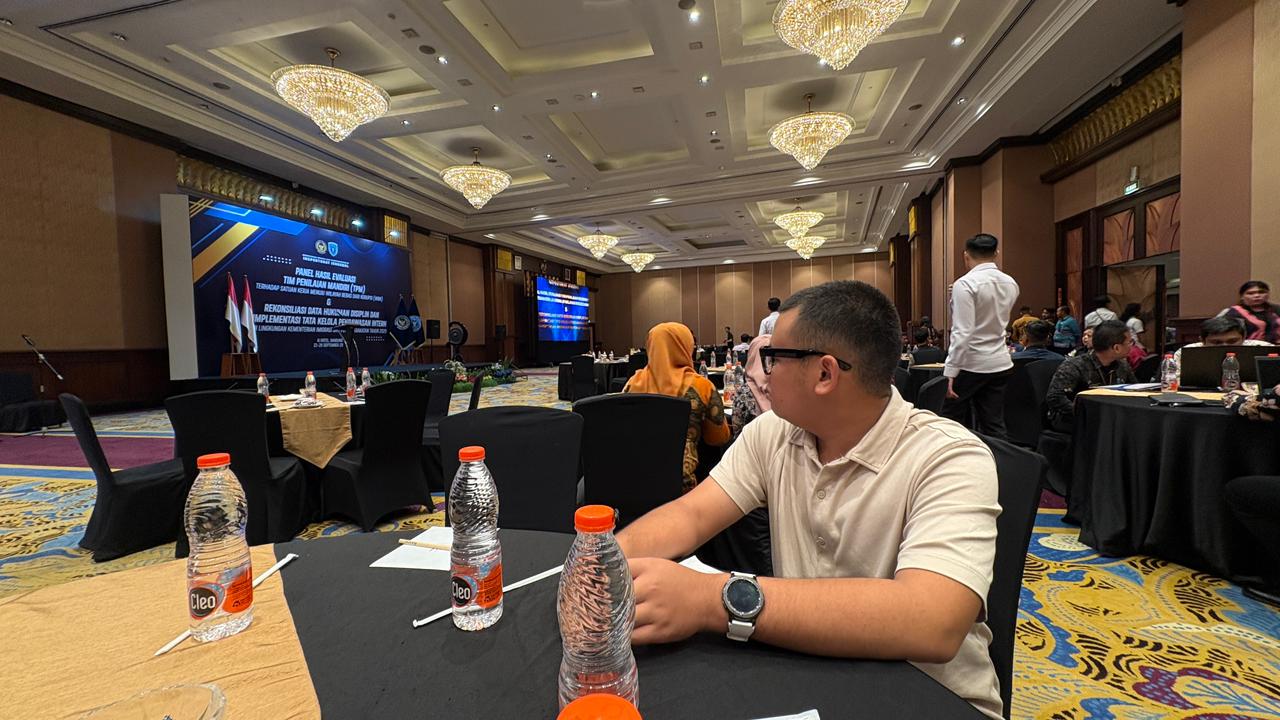
Jakarta, September 17, 2025 — In an effort to enhance the quality of public services, the Indonesian National Police (POLRI), through the Division of Profession and Security (PROPAM), conducted a Public Satisfaction Survey (SKM) on public complaint services (DUMAS). The activity took place in Jakarta on September 17, 2025, and was led directly by the Head of the Public Complaint Division (Kabag DUMAS), Police Commissioner Eko.
The survey aimed to measure the level of public satisfaction with the complaint services provided by POLRI, as well as to serve as an evaluation tool to improve transparency, accountability, and responsiveness in handling public reports or complaints.
In his remarks, Commissioner Eko emphasized that the survey represents POLRI’s commitment to strengthening public trust.
“We want to ensure that every public report is handled promptly, transparently, and in accordance with established procedures. The results of this survey will serve as an important evaluation tool for improving the quality of DUMAS services in the future,” said Commissioner Eko.
The SKM activity involved direct participation from members of the public who had previously used POLRI’s complaint services, either through online platforms or in-person channels. Respondents were asked to provide assessments on various aspects such as service speed, clarity of information, officer attitude, and ease of submitting reports.
In addition to the DUMAS team, the event was attended by representatives from various related work units, as well as an independent assessment team to ensure the objectivity of the survey results.
Based on preliminary findings, the majority of respondents expressed a high level of satisfaction with DUMAS services. However, there were still several suggestions for improvement, particularly regarding the speed of complaint follow-up and the expansion of communication channels.
Through this initiative, POLRI hopes to continuously improve the quality of its public services, particularly in the area of public complaints, thereby fostering stronger relationships between the police and the community.
